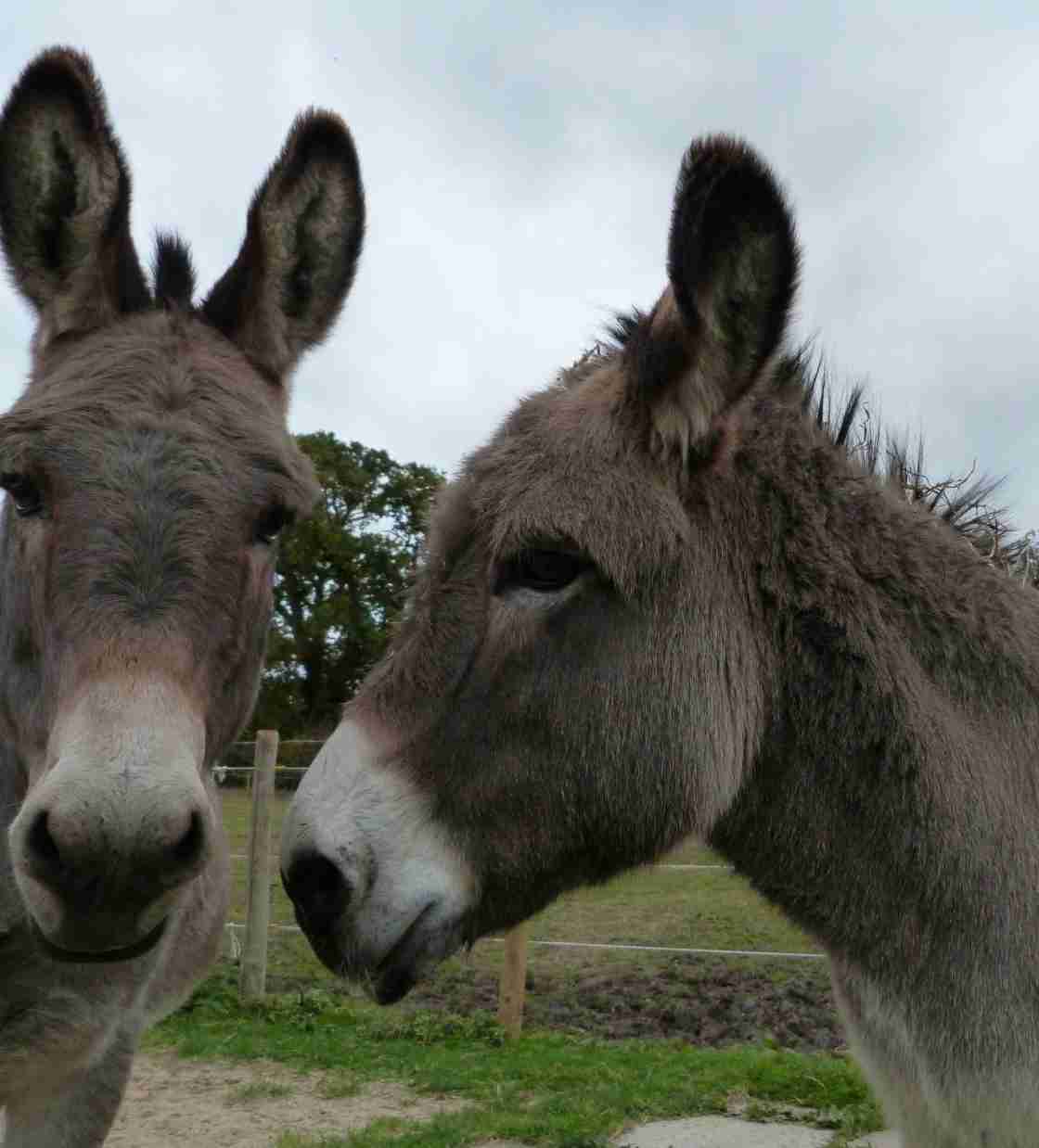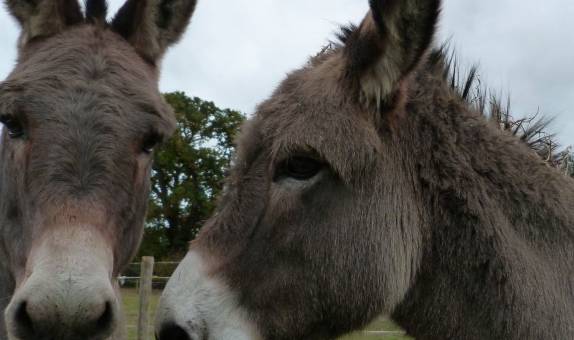Human-animal studies research
Human–Animal Studies is one of the most rapidly growing international fields of research and scholarship. The Kingston group brings together sociologists, criminologists and other researchers, including colleagues from other university institutions, all of whom have an existing and developing interest and expertise in the field. Members of the group have a reputation for delivering high quality, internationally recognised research and publications. Our work aims to examine, understand, and evaluate critically the myriad of complex and multi-dimensional relationships between humans and nonhuman animals (whether they are real or virtual, historical or contemporary, factual or fictional, beneficial or detrimental). The group seeks to enhance the consideration of ecology and the fundamental interconnectedness of all living beings. Much of the research is conducted in collaboration with colleagues at other national and international institutions.
As well, the group is home to PhD and postdoctoral researchers who are carrying out research within the field.
The group is open to anybody with an interest in the field. All are welcome.

Current research
- Animals and social and philosophical thought - including the ways in which, within different disciplinary fields, human nonhuman animal relations have been considered, misrepresented or disregarded completely.
- Consumption of nonhuman animals - including the countless and often occluded ways in which nonhumans animals are consumed by humans and the respects in which innovative biotechnologies are being used to transform the production of associated commodities.
- Ethics and animal experiments - which offers a critical reflection on the ethics of using nonhuman animals in biomedical experimentation.
- Green criminology - including the study of environmental laws and criminality, crimes affecting the environment and the nonhuman, environmental harms, anthropocentric notions of criminal justice and how systems can offer ecological justice and species justice.
- Multi-species sociology - which seeks to show how the acceptance of the study of human nonhuman animal relationships in sociology could enhance the richness of the discipline.
- Nonhuman animals and culture - which explores the ways in which other animals are used by humans for the purposes of communication, fashion, relaxation, recreation and entertainment.
- Religion and animals - focusing on the ways in which religious belief conceptualises nonhuman animals and has direct consequences for them.
- Representations of nonhuman animals - which centres on representations in 'fine', popular and folk arts (including television, film, literature, paintings and sculpture) and depictions in other media such as social media, news and documentaries.
- Social movements and animal rights - focusing on activism works at the level of sub-politics rather than at the level of traditional politics
- Suffering and critical pedagogy - which examines the interconnections between nonhuman animal suffering, education and associate practices especially in university institutions.
- Veganism - which investigates perspectives on veganism and explores veganism as a philosophy, a practice, an identity, and an emerging industry.
- Veganism and wellbeing.
Current funded projects
‘Scientists' attitudes on science, values and animal free research.'
This project examines the perspectives of medical scientists who have received grants to develop animal free research. This is the first social science project to be funded by Animal Free Research UK.
Principal investigator: Professor Kay Peggs.
Members
- Research Group Leader Professor Kay Peggs
- Dr Kevin Barker
- Dr Luke Doggett
- Dr Sylvia Collins-Mayo
- Amy Mitchell
Postdoctoral researchers
- Dr Luiz Gustavo Silva Souza (Associate Professor of Social Psychology, Universidade Federal Fluminense, Brazil)
PhD students
Associate members
- Alex Friend
- Philip Joyce
Collaborators, Affiliated Research Groups and other Links
- All-Parliamentary Group on Vegetarianism and Veganism
- Animal/Human Studies Group, British Sociological Association
- Animal Voice
- Centre for European and International Studies Research, University of Portsmouth
- Food Ethics, Institute of Philosophy, University of Vienna
- International Network for Cultural and Social Studies on Vegetarianism and Veganism, University of Vienna
- Oxford Centre for Animal Ethics
- Professor Barry Smart, Professor of Sociology, University of Portsmouth
- Vegan Society UK Research Advisory Committee
Recent external activities
- In 2021, Professor Kay Peggs was an invited guest on the programme BBC Radio 4 programme ‘Steelmanning' to discuss veganism.
- Professor Kay Peggs is an invited member of The Vegan Society.








